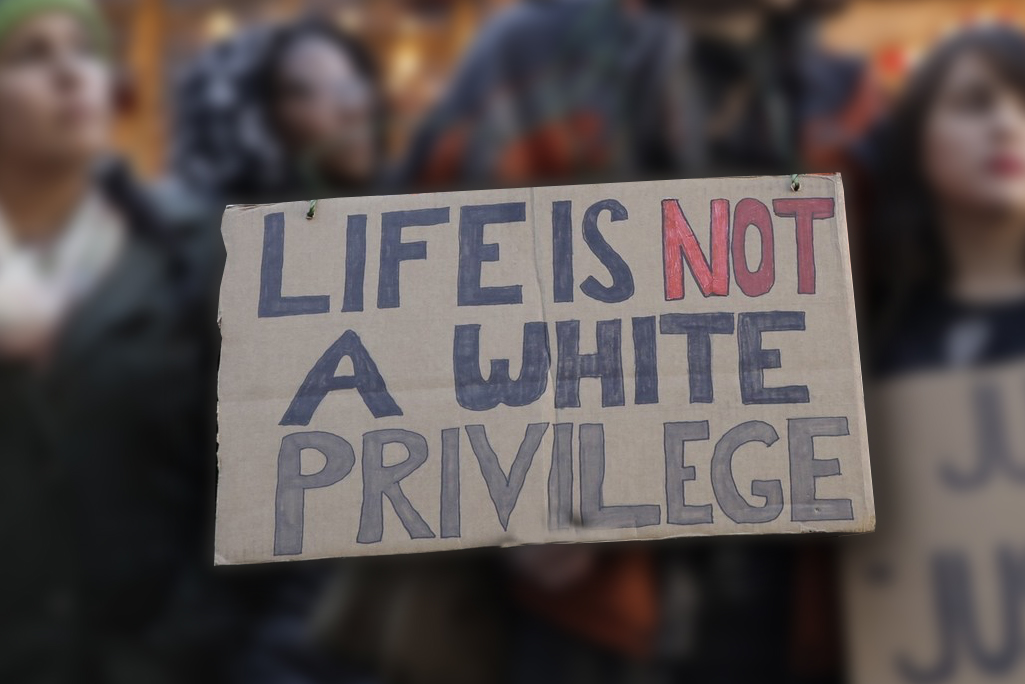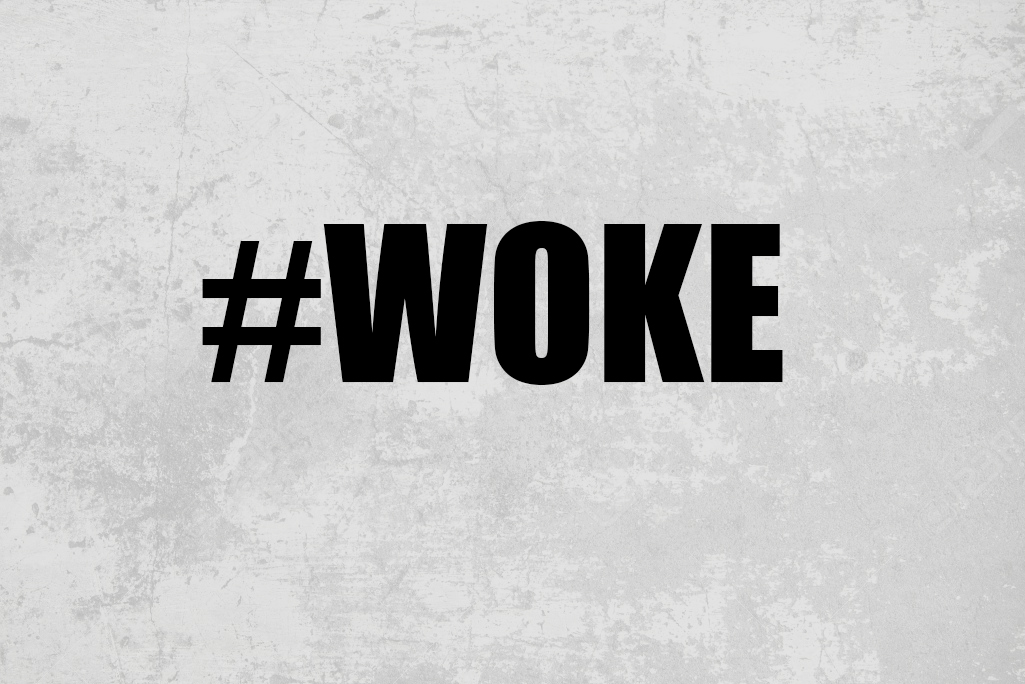WE AFFIRM that the Bible is God’s Word, breathed out by him. It is inerrant, infallible, and the final authority for determining what is true (what we must believe) and what is right (how we must live). All truth claims and ethical standards must be tested by God’s final Word, which is Scripture alone.
WE DENY that Christian belief, character, or conduct can be dictated by any other authority, and we deny that the postmodern ideologies derived from intersectionality, radical feminism, and critical race theory are consistent with biblical teaching. We further deny that competency to teach on any biblical issue comes from any qualification for spiritual people other than clear understanding and simple communication of what is revealed in Scripture.
The first article in the “Statement on Social Justice and the Gospel” addresses the authority and sufficiency of Scripture. This is highly appropriate for a document that that has been issued in order to defend and affirm the gospel of Jesus Christ. How do we know what that gospel is? To what source do those who profess that gospel look for their marching orders? The answer is Scripture and Scripture alone.
The classic passage in the Bible about its nature and authority is 2 Timothy 3:16-17. “All Scripture is breathed out by God and profitable for teaching, for reproof, for correction, and for training in righteousness, that the man of God may be complete, equipped for every good work.”
If the Bible is truly our final authority then other philosophies cannot be. That does not mean that there is nothing useful or true to be found in such philosophies, but that only what is found in them that corresponds to reality as revealed in Scripture is to be accepted. Biology, sociology, psychology, as well as other disciplines, can provide helpful descriptions of reality. Their claims, however, must all be evaluated in the light of Scripture.
This is precisely what God’s people are required to do.
And when they say to you, “Inquire of the mediums and the necromancers who chirp and mutter,” should not a people inquire of their God? Should they inquire of the dead on behalf of the living? To the teaching and to the testimony! If they will not speak according to this word, it is because they have no dawn” (Isaiah 8:19-20, my emphasis).
If the chirpings and mutterings that derive from various aspects of intersectionality, radical feminism, and critical race theory do not accord with God’s written Word, then they are to be dismissed as having no light in them. The Apostle Paul applies this prophetic assessment when he writes, “See to it that no one takes you captive by philosophy and empty deceit, according to human tradition, according to the elemental spirits of the world, and not according to Christ” (Colossians 2:8).
The whole “Statement on Social Justice and the Gospel” is an attempt to take Paul’s admonition to heart and clarify key doctrines that are in danger of being undermined by worldly philosophies. These philosophies, if left unchecked, will undermine the gospel of Christ and lead people away from Him.
The statement asserts that “all truth claims and ethical standards must be tested by God’s final Word, which is Scripture alone.” Since Scripture is breathed out by God (θεόπνευστος), it is inerrant and, therefore, authoritative. What it teaches, we are obligated to believe. Where it leads, we are obligated to follow. When anyone tries to influence our faith or conduct as believers we must evaluate what is being said by the Bible. If what is being taught is not explicitly stated or inferentially contained in the Holy Scriptures then Christians are not to be bound by it as if it comes from God.
What this practically means is that every time we accept teaching that tells us what we “must,” “ought” or “should” believe or do as Christians it is because such teaching derives from God’s Word.
The most faithful, helpful Christian leaders and teachers, then, are those who most clearly understand and simply teach what God has revealed in the Bible. A person’s background or experience may provide peculiar opportunities for understanding Scripture in more personal or practical ways, but it is only competency in handling the Word of God that makes such a person a trustworthy spiritual guide.
Spiritual people, that is, those who have been born of God’s Spirit and are trusting Jesus Christ as Lord, want to grow in His grace and knowledge (2 Peter 3:18). This is both a privilege and a responsibility and is what leads to spiritual maturity. Such maturity, far more than one’s race, sex or life experiences, is what qualifies a believer to be helpful to others in knowing and following Christ.
Ours is a day when authority is perhaps the most crucial issue confronting us. We are like the servants in Jesus’ parable of the ten minas (Luke 19:11-27). Instead of carrying out his business as we await his return, too often our attitude says, “We do not want this man to reign over us” (14). Yet, Christ is our only King. Because of that, his Word is our final authority.
In Romans 12:2 Paul gives us a straightforward command. “Do not be conformed to this world, but be transformed by the renewal of your mind, that by testing you may discern what is the will of God, what is good and acceptable and perfect.” The only way to obey this admonition and to avoid being pressed into the world’s ways of thinking, feeling, and aspiring is by the continual training and renewing of our minds. That is, we must keep growing in our understanding and application of Scripture. We must learn it, believe it, and submit our lives to it.
Only by such commitment to God’s Word will Christians be able to distinguish between truth and error and avoid being led astray by false teaching that creeps into our churches.



